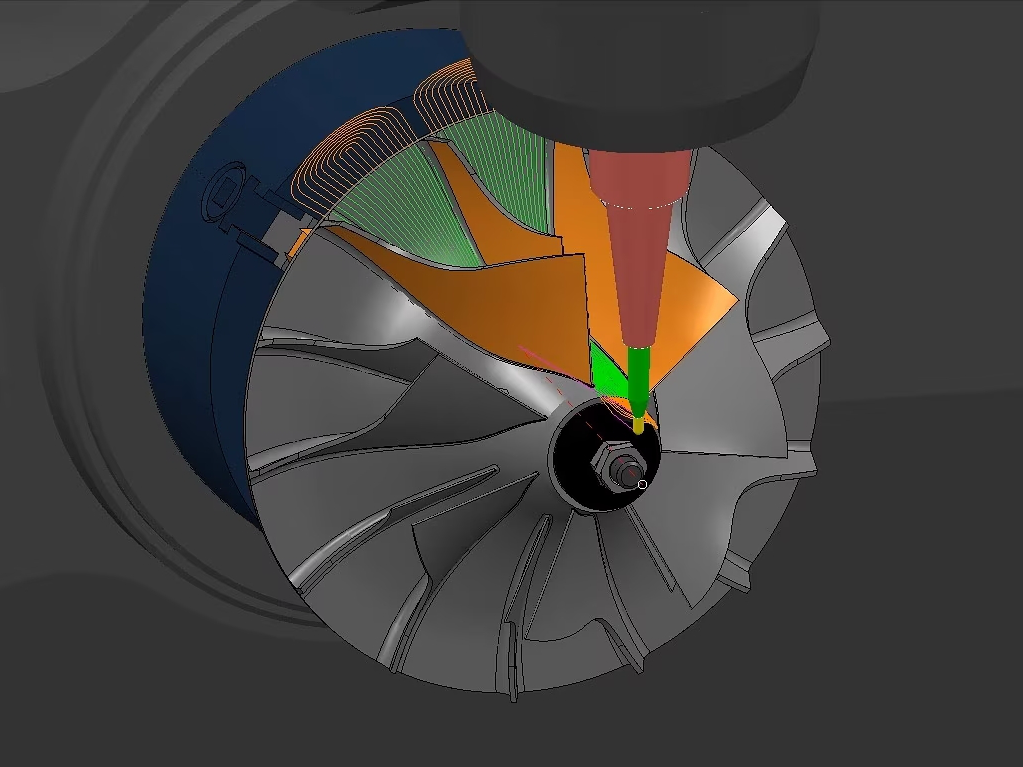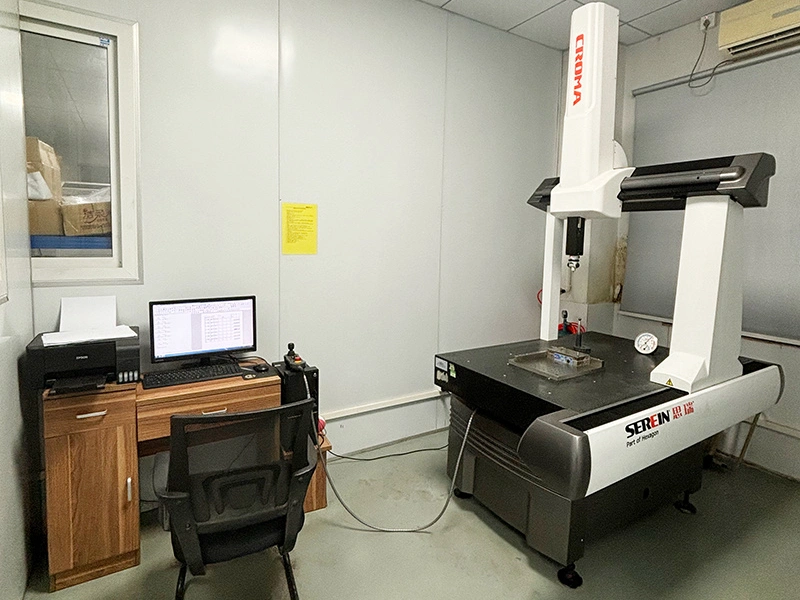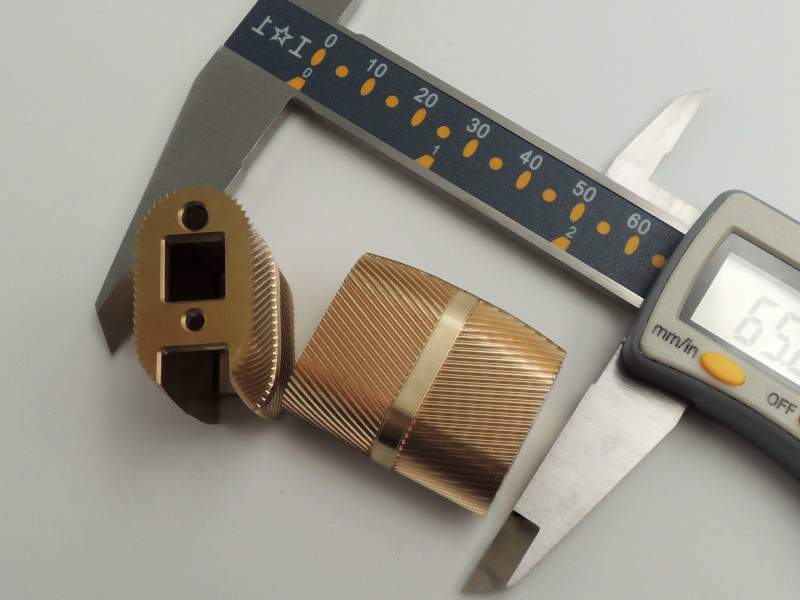How does Multi Axis CNC Milling differ from traditional CNC milling?
How Does Multi Axis CNC Milling Differ from Traditional CNC Milling?
Evolution Beyond 3 Axis Machining
Traditional CNC milling operates on three linear axes—X, Y, and Z—limiting the cutting tool’s movement to straight-line paths. Multi Axis CNC milling, including 4 axis and 5 axis systems, adds rotational movement to the tool or workpiece, significantly expanding the machine’s capabilities. This advancement enables the efficient machining of complex, multi-surface parts with higher precision and reduced manual intervention.
Core Differences Between Traditional and Multi Axis CNC Milling
Feature | Traditional CNC (3 Axis) | Multi Axis CNC (4/5 Axis) |
|---|---|---|
Axes of Movement | X, Y, Z | X, Y, Z + A (4th) + B/C (5th) |
Workpiece Repositioning | Required for multi-face parts | Not required—machined in one setup |
Accuracy | ±0.01–0.03 mm | Up to ±0.005 mm |
Setup Time | Longer due to multiple re-clampings | Shorter with fewer setups |
Surface Access | Limited to vertical and horizontal faces | Access to compound angles and undercuts |
Ideal Applications | Flat parts, 2.5D geometries | Complex parts with curved or angled surfaces |
Key Functional Enhancements of Multi Axis CNC Milling
1. Rotational Axis Integration
4 Axis CNC milling adds rotation around one axis (usually A-axis), enabling cylindrical machining and side-face access. 5 Axis CNC adds another rotational axis (B or C), allowing the cutting tool to approach from virtually any angle.
2. Complete Multi-Surface Machining in One Setup
Unlike 3 axis machines that require re-fixturing to access different part faces, 5 axis machines can reach five or more sides of a part without removal. This eliminates fixture misalignment, improves part symmetry, and speeds up production.
3. Superior Geometrical Complexity
Multi axis CNC can handle organic shapes, deep cavities, and sculpted surfaces—typical in aerospace turbine blades, robotic actuator housings, and custom medical implants.
4. Optimized Tool Engagement and Surface Finish
Dynamic tool orientation reduces tool deflection, improves chip evacuation, and maintains consistent contact angles—resulting in smoother surface finishes (Ra < 0.4 µm) and extended tool life.
5. Shorter Cycle Times and Improved Efficiency
By eliminating manual repositioning and enabling simultaneous machining of complex features, multi axis systems can reduce cycle times by 30–50% depending on part complexity.
When to Use Each Technology
Use 3 Axis Milling for flat parts, slots, or pockets with limited depth or angular features
Use 4 Axis Milling for parts requiring radial features or side holes, such as impellers or flanges
Use 5 Axis Milling for high-precision, multi-surface parts with tight tolerances and intricate geometry
Multi Axis CNC Milling Solutions for Complex Part Machining
Neway Machining offers full-service Multi Axis CNC Milling, including 3 Axis, 4 Axis, and 5 Axis CNC machining. With ±0.005 mm accuracy and advanced CAM toolpath control, we support high-performance applications across aerospace, medical, automotive, and robotics.



